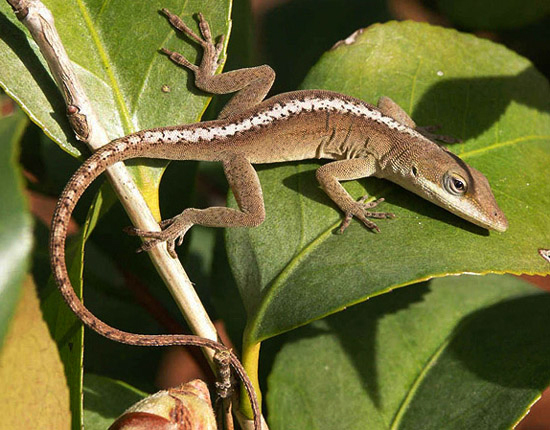Florida Wildlife
Aquatic plant management in Florida considers the needs of our unique wildlife. All plant control work is planned and carried out in concurrence with the Florida Fish and Wildlife Conservation Commission, and, when plant control might impact endangered species, with the U.S. Fish and Wildlife Service.
Plant managers work to help conserve and enhance wildlife habitat, and minimize negative impacts on wildlife.
Tourism, Hunting and Fishing
Florida's wildlife is responsible for billions of dollars of tourism revenue. Each year, millions of people travel from across the country and from all over the world to catch a glimpse of one or more of the state's wild creatures. Wildlife viewing has been a favorite past-time in Florida for young and old, through many generations. Hunting and fishing have supported human life in Florida for thousands of years. Today they are sports which generate billions of dollars in revenue for the state's economy.
Invasive wildlife species
Florida's subtropical climate is host to a variety of invasive plant species, and also to an increasing number of non-native animal species including parrots, iguanas, snakes, frogs, and lizards. Many species are deliberately released or have escaped captivity; some have hitch-hiked accidentally on products from elsewhere. Once established, invasive species compete with native wildlife for food, shelter, and habitat. Some Florida species have been replaced by introduced invasives, changing the natural habitat forever.
Protecting precious habitats
Restoring Florida's wetland ecosystems and riverine environments offers a hopeful future for wildlife in a fast-developing state. Efforts to protect surface water from contamination prevent groundwater degradation, and limiting excessive water consumption can help safeguard the unique aquatic environments that support Florida's diverse array of wildlife.
Over-harvesting and habitat destruction have affected wildlife populations throughout the state. Today, several animal species are threatened or endangered, or are species of special concern and are protected by state and federal laws.


